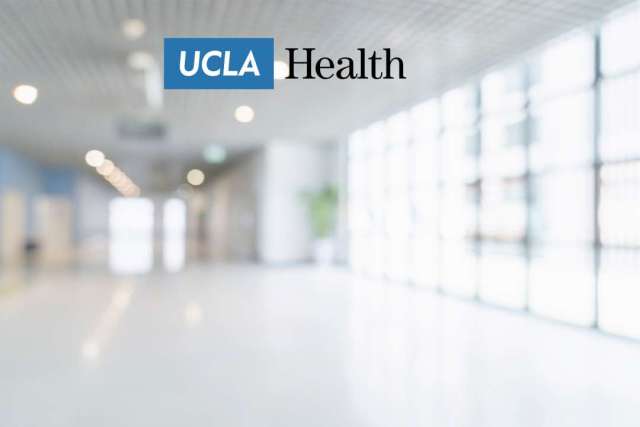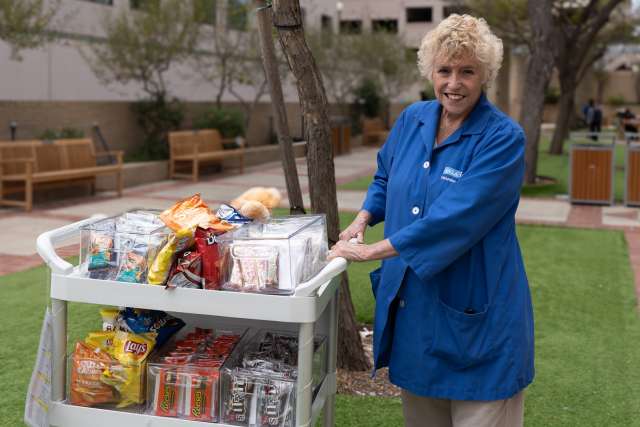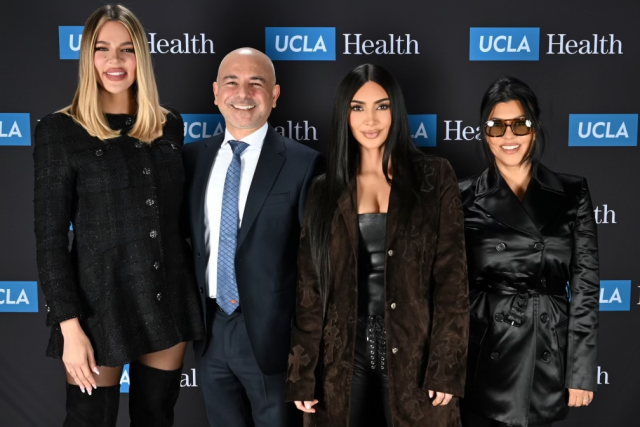While investigating the impact of Hurricane Katrina on New Orleans evacuees, a group of UCLA researchers stumbled across something they had not been looking for the deep level of distrust the largely minority victims felt toward public health authorities. In a study appearing in the May issue of the Journal of Health Care for the Poor and Underserved, the researchers write that this distrust likely played a role in residents' response to evacuation warnings and advice. "The statements of distrust were not solicited they were all spontaneous statements," said lead researcher Dr. Kristina Cordasco, a Robert Wood Johnson Clinical Scholar in the department of medicine at the David Geffen School of Medicine at UCLA. "As we prepare for future disasters, I believe we have to account for this distrust in the shaping of the public health message." The researchers interviewed 58 English-speaking New Orleans residents who had been living in one of three shelters in Houston. Researchers had been querying the residents about their evacuation experiences, including how they had been evacuated and who had helped them. They got answers to those questions and more. "Because our semi-qualitative interviews did not include specific queries about trust and distrust, we were struck by the frequency, breadth and depth of distrust reflected in the spontaneous statements of the evacuees we interviewed," the researchers wrote. This distrust may be rooted in the experiences of the Great Mississippi Flood of 1927, when authorities performed controlled breaks along the levee to selectively flood poor areas in order to preserve the downtown financial district. Some of the categories of distrust most often mentioned by evacuees involved the competency of authorities in handling the emergency; perceived equity that is, whether authorities treated the hurricane victims the same regardless of class, race and gender; fiduciary issues, in which people trust others to act in their best interests; and issues of honesty and dishonesty, with some evacuees believing that the levees were intentionally broken. The distrust was aimed not only at government leaders but extended to people helping with the evacuation. For instance, one person claimed that rescuers ignored her family's pleas for help, and instead "the helicopters were going back and forth getting people from the richer neighborhoods." Another evacuee said the levee was deliberately broken "so they can flood out those black neighborhoods ? because every time they have a hurricane, it always be that way. You know?" Authorities' display of competency, fairness, empathy, honesty and openness prior to a disaster like Hurricane Katrina would help in heading off some of these negative perceptions, the researchers wrote. They recommend that in creating disaster plans, public health and emergency response officials include community representatives drawn from churches, social clubs, schools and labor unions. This could be done via community-based participatory research involving partnerships between researchers and communities. And public health authorities should keep matters of trust and distrust in mind when crafting disaster plans and policies. "Often the public health community puts out messages and programs while not accounting for distrust," Cordasco said. "They're not as fully effective as they would have been had that distrust been accounted for." In addition to Cordasco, researchers included David Eisenman, Deborah Glik and Steven Asch of UCLA and Joya Golden of the Veterans Affairs Greater Los Angeles Healthcare System. Asch is also affiliated with the VA Greater Los Angeles Healthcare System and Rand Health. The National Science Foundation-supported Natural Hazards Research and Application Information Center, the Centers for Disease Control and Prevention, and the Robert Wood Johnson Clinical Scholars Program funded the study. -UCLA- ER195
Hurricane Katrina Evacuees Had Deep Distrust of Public Health Authorities, UCLA Study Finds



